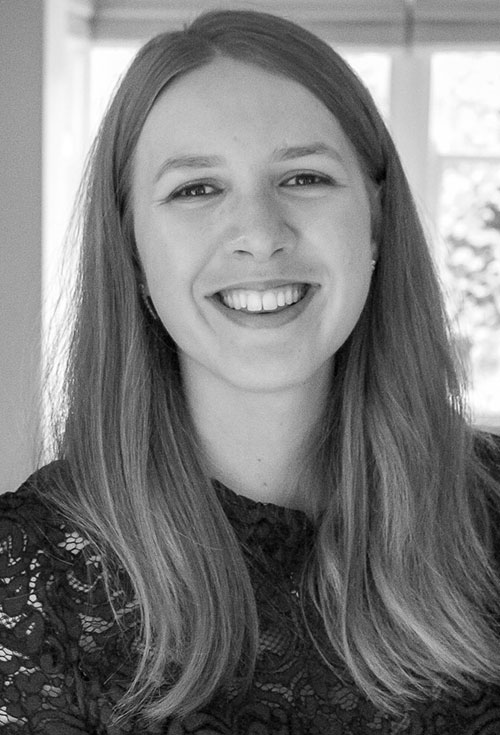Molly Boot

I arrived at my sending church in September 2012 full of all the excitement that came with a new-found faith. Even at the age of 15, I watched the minister open scripture and celebrate communion and immediately thought ‘I want to do that’. I could see myself in her shoes.
Until I came to Regent’s to train, I was barely aware of my gender as a challenge: my parents, my church and my single-sex schooling taught me that there are no limits to what women can do. Coming to Oxford, however, I found myself unconsciously performing the very gendered roles set out for me. I felt I needed to be the nurturing, feminine counterpart to my male ministerial colleagues; at my placement church, I felt pushed into youth and children’s work, and wondered why I wasn’t allowed to preach at morning services or attend leaders’ meetings.
I was all too aware of my growing inferiority complex, which had developed by virtue of my being younger than my fellow MITs, but barely realised that I was allowing myself to morph into a stereotypical view of what a female minister needed to look like: gentle, nurturing, good with children...
I am not, of course, saying that any of these gifts or qualities are negative in and of themselves, only that the expectation that I should fit that mould by virtue of my gender risked preventing me from discerning my gifts and vocation. In deciding not to go into the process of finding a church yet, I have been set free to keep asking what ministry may look like for me. God has expanded my calling and vision through the incredible teaching I’ve received at Regent’s, and the opportunities to learn, preach, write, and lead that this precious time at college has afforded me.
One thing I didn’t expect from Baptist ministerial formation was to discover a love for medieval and early-modern female Catholic saints! In reading their stories, I’ve discovered fantastic women like Teresa of Avila, who boldly spoke truth to ecclesial power; Hildegard of Bingen, an incredible pioneer of music and the arts in Christian community; Julian of Norwich, whose descriptions of Jesus as mother continue to rock the patriarchal foundations of the church. I believe that part of my calling is to bring their stories into our churches, and so to encourage creativity in worship and theology which equips the church for mission and worship in the 21st century and beyond.
I’m discovering my calling as I go, listening to God in the voices of female saints: the brilliant women who’ve formed the church, past and present. I’ve found myself surrounded by women who are my advocates, prophets, mentors and confessors, and would encourage any young women exploring ministry to seek out a similar network. Start with me, if you like!